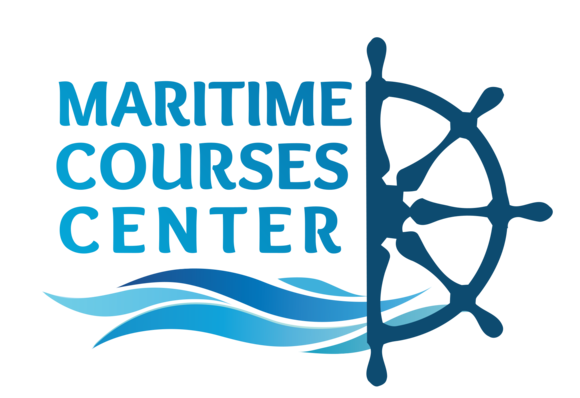
Automatic Identification System (AIS) on Ships: Enhancing Maritime Safety and Communication
Table of Contents
AIS on Ships: Navigating Waters Safely with Automatic Identification System

Introduction
In the ever-expanding realm of maritime technology, the Automatic Identification System (AIS) emerges as a beacon of safety and efficiency. This system has revolutionized the way ships navigate and communicate on the open waters. In this article, we delve into the functionalities, advantages, and pivotal role of AIS in enhancing maritime safety and communication.
Automatic Identification System (AIS): Unveiling the Technology
Understanding AIS: A Brief Overview
At its core, the AIS is a sophisticated system that enables ships to automatically and continuously exchange vital information with nearby vessels and shore stations. This real-time exchange of data enhances situational awareness and aids in preventing collisions.
The Significance of AIS
Maritime Safety and Beyond: A Multifaceted Role
The AIS on ships serves a multitude of purposes, including:
- Vessel Tracking: AIS provides real-time tracking of vessels, enabling maritime authorities to monitor and manage traffic flow.
- Collision Avoidance: By sharing vessel positions, courses, and speeds, AIS facilitates collision avoidance, reducing the risk of accidents.
- Situational Awareness: Ship crews gain valuable information about nearby vessels, enhancing overall situational awareness.
Evolution of AIS
From Signal Transmissions to Data Exchange
AIS technology has evolved from early signal transmission systems to comprehensive data exchange platforms. Modern AIS systems enable vessels to share information such as vessel identity, position, course, speed, and navigational status.
Benefits of AIS Implementation
Navigational Safety at the Forefront
- Collision Prevention: AIS assists ships in identifying potential collision risks and taking timely evasive actions.
- Visibility in Poor Conditions: AIS helps vessels remain visible to others, even in adverse weather conditions or low visibility situations.
- Search and Rescue: In distress situations, AIS information aids search and rescue operations by providing precise location data.
- Vessel Traffic Management: Maritime authorities use AIS data to manage traffic, allocate routes, and enhance port operations.
How AIS Works
AIS: The Exchange of Information
AIS operates by transmitting and receiving VHF signals containing key vessel information. This information includes the ship’s identity, position, course, speed, and navigational status. These signals are continually broadcast, allowing nearby vessels and shore stations to receive and process the data.
Utilizing AIS: Best Practices
Optimizing AIS Benefits
To make the most of AIS technology, ships should consider these best practices:
- Regular Maintenance: Ensure AIS equipment is well-maintained and calibrated for accurate data transmission.
- Information Integrity: Input accurate and up-to-date information into the AIS system to prevent confusion and errors.
FAQs about AIS on Ships
Is AIS Mandatory for All Vessels?
AIS is mandatory for certain vessels, including commercial ships over a certain size and passenger vessels.
Can AIS Data Be Accessed by the Public?
While AIS data is publicly available for many vessels, some information, such as ship’s identity, can be restricted for security reasons.
Can AIS Prevent All Collisions?
AIS is a valuable tool for collision avoidance, but navigational vigilance and adherence to navigation rules remain crucial.
Are AIS Signals Interfered with Easily?
AIS signals can be affected by factors such as physical obstacles and electronic interference, but modern systems are designed to mitigate these issues.
Does AIS Replace Radar?
AIS complements radar by providing additional information about vessel identity and intentions, enhancing overall navigational awareness.
Can AIS Enhance Port Security?
AIS aids port security by providing authorities with real-time information about vessel movements, enabling effective monitoring and response.
Conclusion
In the intricate dance of vessels navigating the open seas, AIS emerges as a powerful partner, enhancing safety and communication. By enabling real-time tracking, collision avoidance, and situational awareness, AIS technology ensures that ships traverse waters with confidence. As maritime technology continues to evolve, AIS on ships stands as a testament to innovation’s role in making our oceans safer and more efficient to navigate.
if you want to find ship position join marine traffic website
